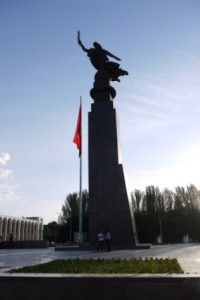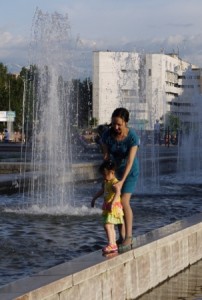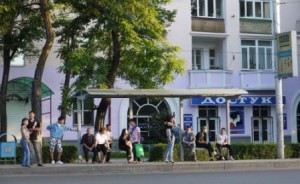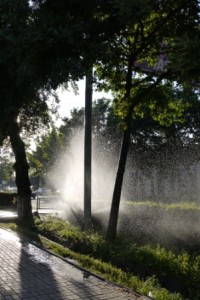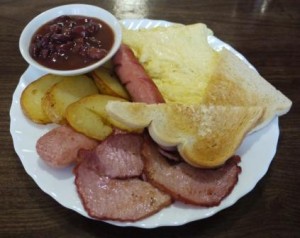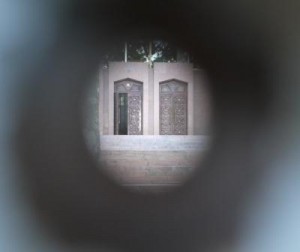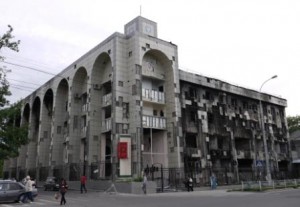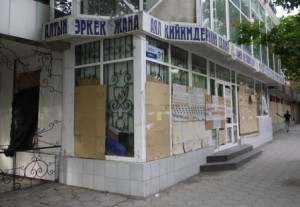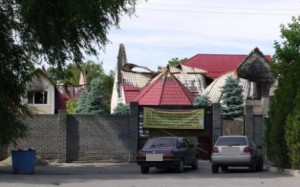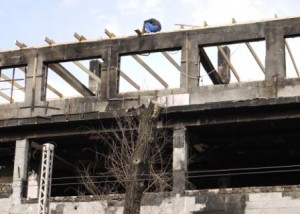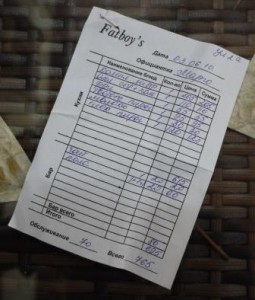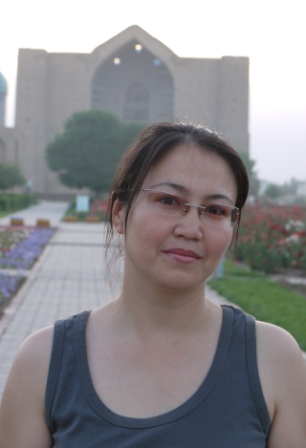If there’d been a flaw in the plan, it was the distance. Bit more than I’d anticipated. Quite a bit more. Around two hundred miles in a little over twenty four hours. I’d left Kyrgyzstan’s Capital Bishkek mid-afternoon, avoiding the full heat of the day, heading for the city of Almaty in eastern Kazakhstan. Slight delay at the border crossing. Refused to budge until the guards provided me with all the relevant stamps I’d need to be allowed to leave and cross into China.
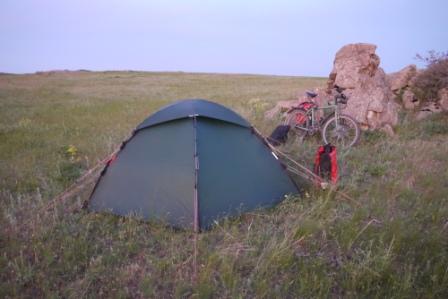
I’d chosen to tackle the worst of the climbs on the road to Almaty in the relative cool of the evening. As dusk approached, around nine in the evening, I’d pulled off the road along a small track across rolling moorland. Found a discrete pitch for the night. Up at six, back on the road before seven.
Within an hour or so I’d finished the last of the climbs, and made a rapid descent to the plains below that would lead me to Almaty. Stopped at a small roadside cafe, the first I’d seen for quite some distance. After a quick breakfast I’d joined the lorry drivers freshening up at an outside tap, attempting to remove some of the previous day’s grime and salty deposits.
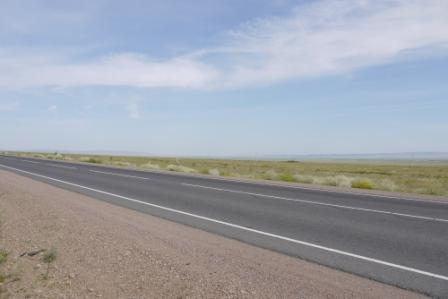
Then a steady grind eastwards, flat, barren steppe at first, more undulating later. Mile after mile. The odd cafe, small settlement with a few market stalls besides the road, perhaps a shop, to break up the monotony. And to replenish fluids.
Reaching Almaty around five, the evening rush hour traffic was quite bearable, the railway station rendezvous with my host for the next few days remarkably straightforward to find. I’d been my choice, largely because it appeared on my maps, but was on the opposite side of the city to where I’d be staying. The longest day. So far.


